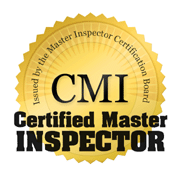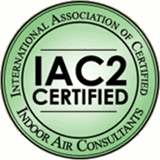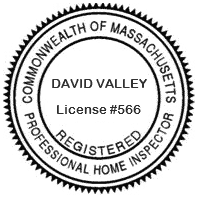Massachusetts Home Inspections YOUR INVESTMENT IS MY CONCERN

Most Common Home Inspection Defects
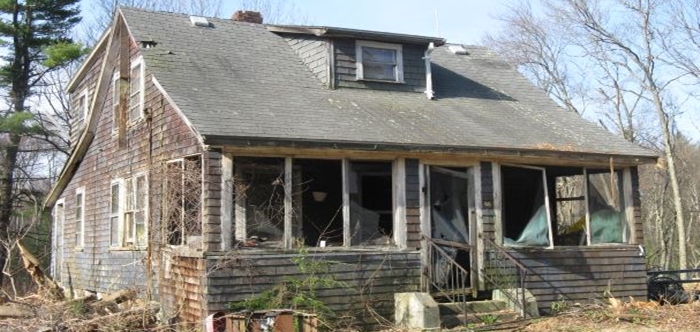
I encounter defective components in Massachusetts homes daily—no home is perfect. Even newly constructed homes come with their own set of issues. The idea that any man-made structure or product is entirely free of defects goes against both common sense and experience. During a typical home inspection, the following defects are among the most commonly found...
OVERALL POOR MAINTENANCE – Deferred maintenance can lead to significant repair costs to restore the home to a satisfactory condition. If the current Massachusetts homeowner has neglected upkeep over the years, necessary upgrades will eventually fall on the next owner—preferably sooner rather than later.
In these cases, my home inspection report can serve as a detailed checklist to help bring the home back up to healthy living standards.
POOR DRAINAGE AROUND THE HOME - Proper drainage is essential to prevent water intrusion into the basement. All roof water should be directed away from the home’s foundation, especially at its lower perimeter. Installing gutters, downspouts, and downspout extensions can help resolve roof drainage issues.
Additionally, proper grading—ensuring the ground slopes away from the foundation—is crucial. In fact, 98% of the homes I inspect require grading improvements, which can significantly reduce basement seepage.
ELECTRICAL - The most common problems I encounter include insufficient overload protection in the electrical service panel and amateur, often hazardous wiring connections throughout the home. Electrical system defects pose serious safety risks and should be addressed immediately by a licensed electrician.
INADEQUATE INSULATION AND POOR VENTILATION – Inadequate insulation and poor ventilation can lead to high utility costs, reduced comfort, and moisture-related issues such as mold and mildew buildup in the attic. Most older homes require additional insulation, which often necessitates ventilation improvements. In some cases, homeowners attempting to save energy over-seal their homes with insulation while neglecting proper ventilation. This can trap excessive moisture indoors, leading to mold, mildew, and structural damage. Excessive heat and moisture buildup in the attic can cause: rapid roof shingle deterioration, mold growth, peeling exterior paint, rusty nails and delaminating sheathing, energy loss, rotting and failure of structural and non-structural components. Proper insulation and ventilation are essential to maintaining a healthy, efficient, and long-lasting home.
HEATING & COOLING SYSTEM DEFECTS - The most common issues I encounter include improper installations, lack of maintenance, exhaust and combustion problems, aged components, uninsulated supply/return piping and ducts, leaks, and malfunctioning safety controls. These defects can reduce efficiency, increase energy costs, and pose potential safety hazards if left unaddressed. Regular inspection and maintenance are essential to ensure optimal performance and longevity.
ROOF ISSUES – Improper installation and aging roof materials are common problems. I frequently find poorly installed or missing flashing at exposed transition areas, which can lead to leaks and water damage. Depending on the severity, repairs may be minor, or in some cases, a full roof replacement may be necessary.
MINOR STRUCTURAL DAMAGE - While minor structural damage doesn’t indicate an immediate risk of collapse, it should be addressed promptly to prevent more serious issues in the future. This type of damage is often caused by water seepage into the foundation, defects in floor joists or rafters, or unstable window and door headers/sills.
The first step is to address the root cause of the problem, such as a leaky roof or improper drainage around the foundation. Once the underlying issue is resolved, any damaged structural components should be repaired or replaced.
If these structural elements are part of exterior walls or ceilings, it’s crucial to ensure these areas are properly sealed from the elements. I often encounter inadequate or poor-quality caulking and weather stripping at exterior transitions. Properly sealing these transitions is the most important aspect of any exterior upgrade. Homeowners can invest heavily in high-quality materials, but if transitions aren’t sealed properly, the house can gradually deteriorate from moisture damage, often unnoticed, over time.
PLUMBING DEFECTS – The most frequent plumbing issues I encounter include leaking gaskets, deteriorated cast iron waste pipes, and outdated or problematic systems such as polybutylene and lead pipes. Other issues often involve incompatible piping materials, leaking gaskets, deteriorated cast iron waste piping and poorly installed DIY upgrades.
While many plumbing repairs can be done affordably by a licensed plumber, there are times when the damage is extensive, and a complete system replacement may be the only viable solution.
WATER PENETRATION AT FOUNDATION CRACKS AND WINDOW PERIMETERS – Foundation cracks, separations at basement windows and high water tables can allow water into basement. This seepage is conducive to rot and Mold growth. Finished basements with moisture issues require removing walls and floor coverings after repairing the water entry area.
DAMAGED OR MODIFIED STRUCTURAL COMPONENTS – Cut, modified, or broken trusses, rafters, and floor joists are commonly found in attic spaces, and occasionally, I encounter missing structural components. While these issues typically require carpentry repairs, they are rarely an immediate safety hazard.
TERMITE AND WOOD-DESTROYING ORGANISMS - Due to the local environment and conducive conditions, wood-boring insect damage is a common concern. Fortunately, all wood-destroying insect damage can be repaired. The cost of repairs depends on the extent of the damage. The wood sill at the top of the foundation is the most problematic area for infestations, as repairs here can be expensive. In such cases, the house may need to be professionally lifted to remove the damaged sills and replace them with new pressure-treated sills.
FIRE SAFETY ISSUES - Fire safety concerns are often linked to electrical problems (as mentioned above), as well as neglected fireplaces and wood stoves. Homeowners frequently overlook these systems, which can pose significant safety risks if not properly maintained.
It’s important that someone take responsibility for repairing these defects soon. If you choose to handle these issues yourself, you’ll likely need to hire specialized contractors for the repairs. I highly recommend verifying contractors' licenses and checking their references before hiring anyone for skilled work around your home. Be especially cautious when considering Home Depot remodeling contractors.
CHECK OUT MY HOME INSPECTION DEFECT GALLERY AT... IMAGES OF DEFECTS
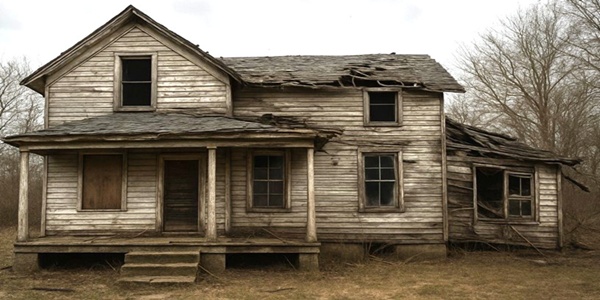
Here is what my clients have to say about my home inspection services:
Press F5 (on your keyboard) for additional testimonials
Hi Dave,
I am writing to let you know how my home inspection went today in Tyngsboro. The inspection went well and we look forward in moving forward in purchasing our new home. What I am really writing about is to tell you how pleased I was with your work. You were very thorough and took your time on the inspection. As first time home buyers, you took some extra time to explain things that you didn't have to and it really was invaluable!
I have several friends and family members that are also getting ready to purchase homes, and I look forward to sharing my experience with your company with them. I will certainly be recommending Massachusetts Home Inspections and will speak highly of you and also share how pleased I was with the output of the inspection.
Best regards,
Crystal F.



